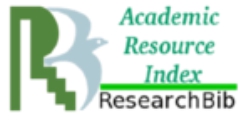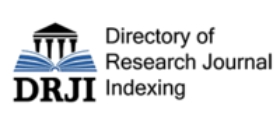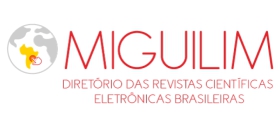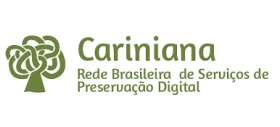A Gestão de recursos hídricos e os comitês de bacia hidrográfica em Minas Gerais
Visualizações: 440DOI:
https://doi.org/10.59824/rmrh.v1i2.201Keywords:
Comitês de Bacias Hidrográficas, governança, deliberação, participaçãoAbstract
Neste estudo buscou-se analisar quais são desafios enfrentados pelos Comitês de Bacias Hidrográficas em Minas Gerais enquanto instâncias deliberativas de governança para a gestão dos recursos hídricos. A partir das percepções de representantes dos 36 comitês mineiros captados por meio de um survey, foram analisados os seguintes tópicos: i) a compreensão por parte dos representantes dos assuntos tratados nos comitês; ii) a composição dos comitês; iii) estruturas administrativas e organizacionais dos mesmos; iv) principais dificuldades e obstáculos; e v) a influência de atuação dos comitês em outras esferas (legislativo estadual e municipal, sociedade civil, setor produtivo e opinião pública). Concluiu-se que ainda há necessidade de aperfeiçoamento quanto à competência técnica dos representantes de governos locais que ainda carecem de capacitação, melhorias nas estruturas com relação às câmaras técnicas que subsidiem a tomada de decisão dos comitês e nos meios de divulgação, além de obstáculos quanto a disponibilidade de recursos financeiros na presença de representantes nas reuniões, principalmente para municípios distantes e da baixa prioridade política. Outros indicativos foram a participação dos comitês em outras esferas, em especial no âmbito político. Isso dificulta a atuação dos comitês como espaços deliberativos efetivos.
Keywords: Watershed Committees, Governance, Deliberation, Participation
Abstratc
This study is intended to analyze the challenges faced by the Water shed Committees in Minas Gerais as deliberative instances of governance for the management of water resources. Based on the perceptions of representatives of the thirty-six committees collected on a survey, the following topics were analyzed: i) the understanding representatives have of the subjects dealt with in the committees; ii) the composition of the committees; iii) their administrative and organizational structures; iv) main difficulties and obstacles; and v) the influence of the committees' in other spheres (state and municipal legislature, civil society, the productive sector and public opinion). It was observed that there is still need to improve technical competence of representatives of local governments who lack training, as well as the structures of technical chambers that support the committees on decision-making and publicity, in addition to obstacles regarding the availability of financial resources, low participation of representatives in the meetings, mainly concerning distant municipalities and lack of political priority. Other indications were the participation of the committees in other spheres, especially in the political one. Therefore, it has been made difficult for the committees to act as effective deliberative spaces.
Downloads
Downloads
Published
How to Cite
Issue
Section
License
Copyright (c) 2021 Fernanda Costa de Matos, Cristina Camila Teles Saldanha, Ivan Beck Ckagnazaroff, Alexandre de Pádua Carrieri

This work is licensed under a Creative Commons Attribution-NonCommercial 4.0 International License.

























